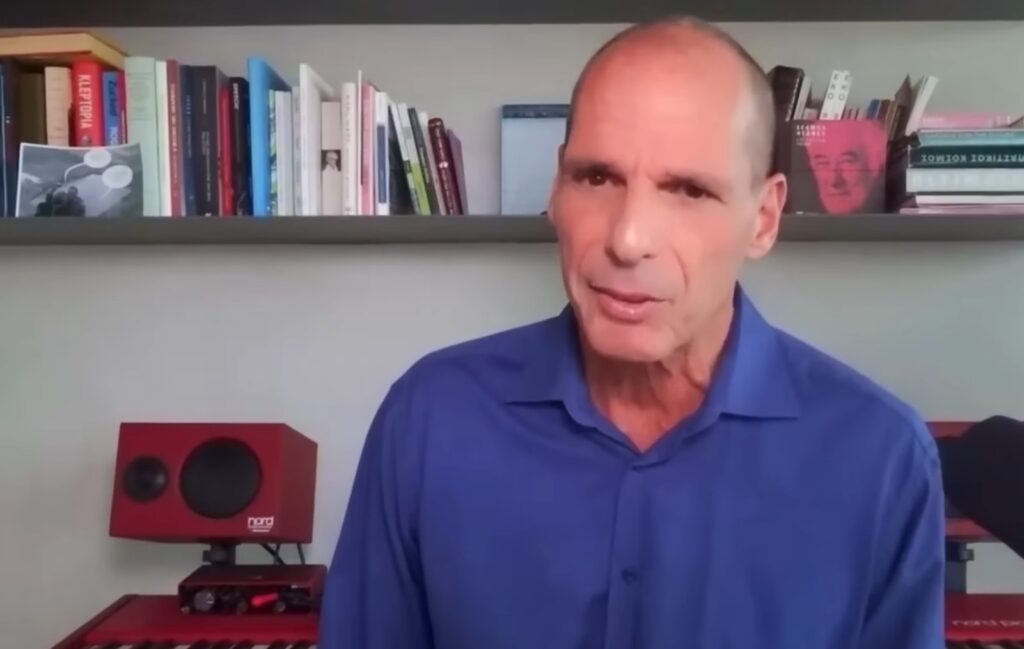-
Varoufakis has been criticizing Bitcoin since 2009.
-
Currently, bitcoin is among the 10 most valuable assets in the world.
Former Greek Economy Minister Yanis Varoufakis recently reaffirmed his critical stance towards bitcoin (BTC). He assures that «money cannot be separated from the political sphere» and that BTC seeks to solve a problem «that we have not discovered.»
Varoufakis recalled reading the Bitcoin white paper, which recently celebrated its 17th anniversary, and emphasized that he has always maintained a skeptical stance towards the idea of money independent of the State.
«I warned against the dangerous illusion that money can become apolitical,» said the former minister, adding that «BTC’s claim to usurp big finance has been reversed.»
«Now it is big finance that has appropriated this ecosystem to extract income from the economy,» he points out, thus recalling the immense institutional investment that supports bitcoin, with more than 300,000 million dollars belonging to corporate entities placed on the market.

Varoufakis’ statements contrast with the vision of thinkers such as Álvaro D. María, who in an interview with NoticiasVE defended precisely the separation between money and the State as one of the pillars of the Bitcoin proposal.
As the Spanish lawyer sees it, «bitcoin puts us on the same level as the State.» This, as BTC offers people the ability to negotiate directly with institutions and redefine traditional power structures.
While Varoufakis insists that the monetary system is inseparable from state power, bitcoin advocates believe its value lies in challenging that historical relationship.
Almost 17 years after its arrival, bitcoin remains among the 10 most valuable assets in the world. This reflects its growing global acceptance, despite persistent criticism from economists such as the former Greek minister.